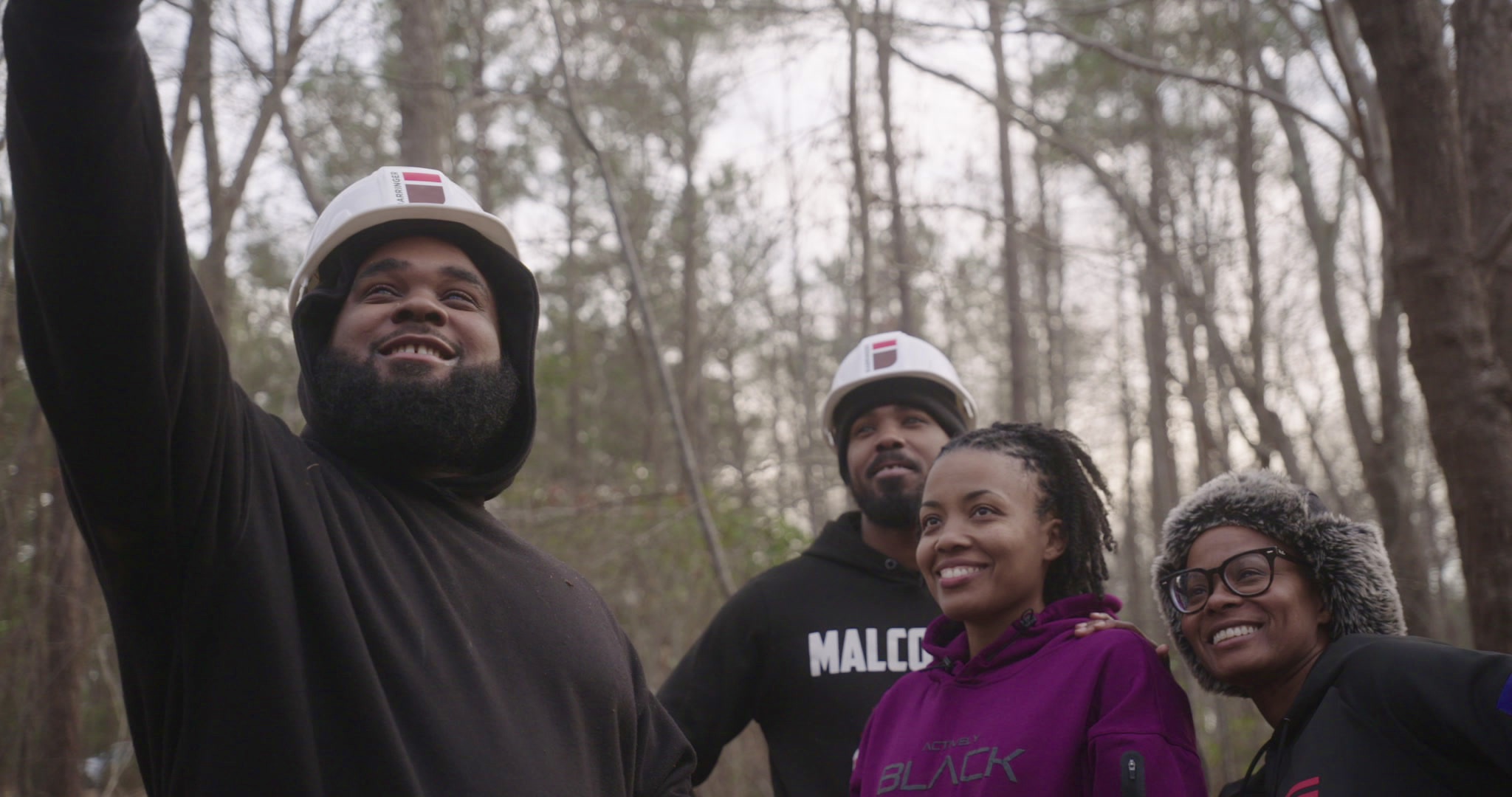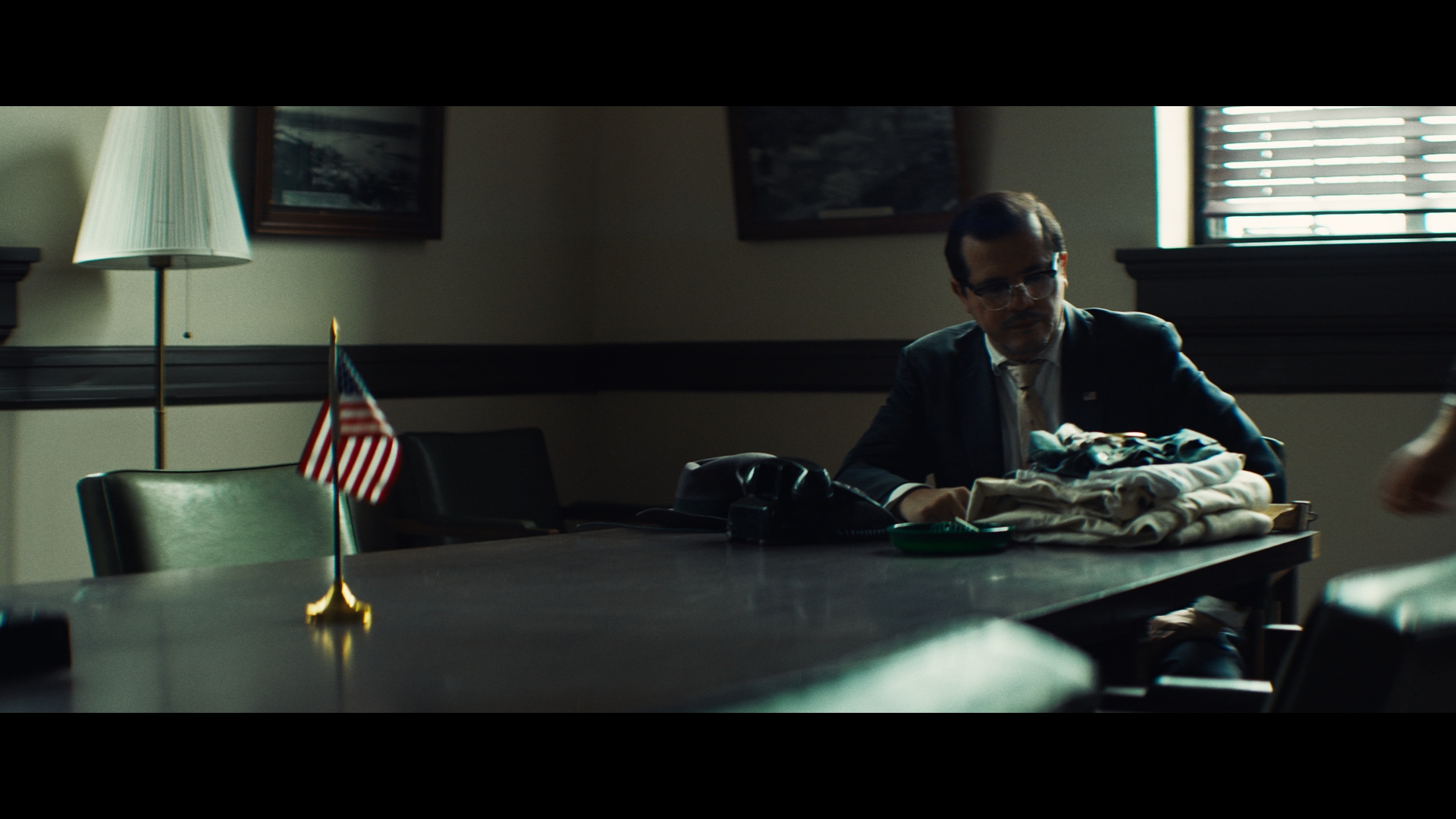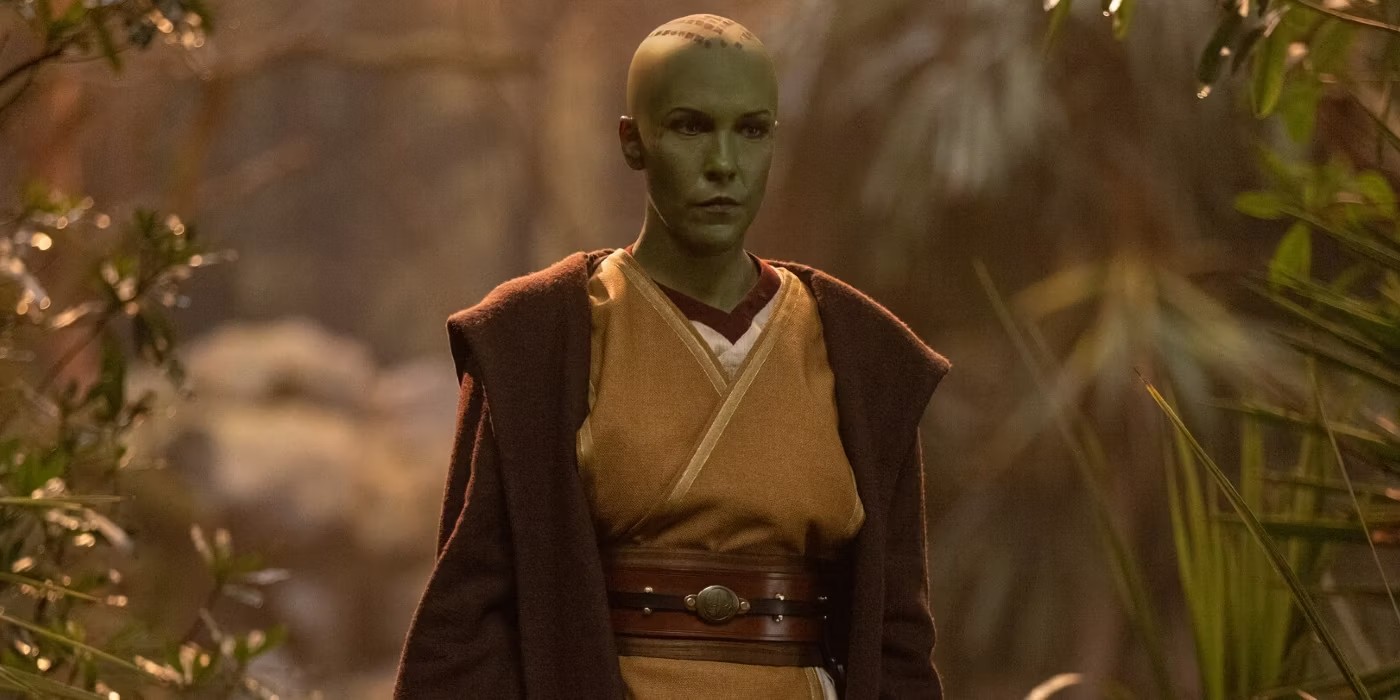
When director Midi Z grabbed his camera to jump on an impromptu opportunity to film his friend on a 14-day journey as a monk in a rural Burmese town, he certainly didn’t know what to expect. The multitalented Taiwan based filmmaker, has returned to his home frequently over the last few years, to make critically acclaimed films such as Return To Burma, Ice Poison and most recently The Road to Mandalay; but this time it would be different. There wouldn’t be a set, a production crew, a reliable script or any sort of pre-conceived idea of what would unravel. This would be a documentary film, in its truest form, from inception to completion.
Midi presented his latest documentary, 14 Apples recently in Berlin at the 2018 Berlinale Forum. LRM had a chance to sit down with the ambitious creator to talk about following and filming his friend on this very unique journey, initiated by a fortune-teller in the hopes of being cured of insomnia. See below what he had to say about the religious experience in remote Central Myanmar, what its like to live as a monk in a tiny local temple, Buddhist traditions, his thoughts on Hollywood and his country.

LRM: Midi, can you talk a bit about what inspired you to make this documentary film.
Midi Z: Yeah. Actually this documentary was shot accidentally, yeah, because when I finished my previous picture called The Road To Mandalay in 2016– So like early 2017 in March I returned back to my home country, Burma, because now I’m based in Taiwan. I went back to Burma to spend my holidays with my mother. During that time I met my friend Wang Shin-Hong. He suffers from insomnia. He couldn’t sleep well. His business is doing not good. And his mother brought him to see the fortune-teller, because in Myanmar a lot of people find their faith– they realize their faith is not good, their luck is not good. They may go to see the fortune-teller to ask for obedience or advice. So the fortune-teller told him he should bring 14 apples to go a precise place. There’s a temple, new temple, and he should go there to be a monk 14 days. Every day, to eat an apple. So when I heard that, I think it’s quite interesting for me to go to a place where I haven’t been. Even though I grew up in Myanmar, I then to Taiwan. So there are some places I haven’t been, it’s quite interesting for me to go there. So I just used a small camera to record the whole trip.
LRM: Essentially you followed him from beginning of this short journey to the end. Was it all improvised?
MZ: Yes, yes. Everything is improvised. Everything really happened at that time, during the shooting. We didn’t do any rehearsals. Yeah, we just went there, and recorded everything.
LRM: And is your friend now cured of his insomnia after this?
MZ: No, no, no. He wasn’t cured. Yeah, he still suffers insomnia.
LRM: Perhaps meditation would have helped his insomnia if you had stayed longer then just 14 days?
MZ: Yeah, yeah. I think the problem is not that meditation couldn’t cure him. The problem is he has not taken any meditation there.
Well, you have to learn to meditate. Actually, he didn’t know how to meditate. And as you can see, as soon as they arrived in the temple, the next day the monks just left. So nobody actually told him how to do meditation, so he couldn’t actually learn.
Originally, in their initiation, he was going to actually learn how to do meditation, and if it had happened in that way, maybe it would have been better. But the thing is, on the very next day of their arrival, he’s bombarded with, sort of, questions and religious worries. The villagers would go to ask him for advice, and he’s bombarded with also the very earthly questions. And so, you know he didn’t really have time to meditate; he actually made him even more restless.

LRM: Why did he choose to go to this particular temple and not a more established monastery to learn how to meditate and heal? After all, Myanmar is known for meditation.
MZ: Well, you’re right; and then in Myanmar there are lots of these monasteries that welcome westerners, tourists, to teach you how to meditate. And yes, in reality, like ordinary civic life, they go to the village temples to meditate and the monks actually teach them to how to do that. Yes, that’s true, but in this case– this is a very unusual case. First of all, he went to that temple, because he was appointed by the fortune-teller.
So he had to go to that precise temple, and also he was told he had to leave the next day. So it’s kind of a series of incidents that leads to quite an unusual situation that we see in the film.
LRM: Can you talk a bit about the village donations to the monks and how that works?
MZ: In Myanmar, it actually happens in a ritual where you become ordained as a monk and anyone who comes to that occasion, will kneel down and offer you something. That’s part of the ritual.
I think in traditional Buddhism, that’s where you ask the monk to chant the scripture for you on various occasions. It could be free. It should be free.
But actually, in reality, monks, we are also human beings; they have to survive. And they actually rely on these donations, offerings, from their believers. So of course, when they go to chant scriptures for people, they will be more willing or happy if they can get more in return. So they will know when they go to certain places they get more money, they will be happier to go, but if they have to go to some places and they get less money, of course they will be less willing to go. So they’re just like ordinary people. It’s important for them to survive.
I think in this film it shows you something in the monks: our impression of Buddhist belief. They are kind of someone who has given up all earthly desires. That’s what we thought of the monk. But to be honest, what you see in reality, most monks they are no different from ordinary people; they have to survive and they still have lots of desires.
LRM: How did you live while you were filming your friend? Did you also practice the same rituals? Did you get to eat more than one apple a day?
MZ: No, no. I haven’t eaten apple. Because the 14 apple is just for him.
I ate a lot, because I eat very hearty. Because actually every villager, every day, they brought a lot of food. They cook, dishes for the monks. They treated me very good. They were very generous.
LRM: Do you plan to do a part 2 to this doc to see if maybe there will be a next step, another solution to help him with his insomnia?
MZ: He will probably find a solution. I was just talking to him and his business is getting better and better and so now he can sleep better.
I think it’s the improvement of his business that cured his insomnia.
LRM: Can you speak a little bit about filming in your birth country, the civil conflicts and its new name, Myanmar.
MZ: I have made five films in Burma, since 2010. I make my debut, first feature film in Burma.
Yeah, as you mention the change of the name, the name of the country, maybe things that ordinary people for him, or for most of the Burmese, the political things are not really a concern, they don’t really care about whether there’s a change or not. For them, the more important is economy. If their lives have been improved or not. And also very important is the fear for the soldiers, for the military, and knowing that these people fear the military less, so it’s kind of improvement and before it was– The relationships between the civilians and military was really tense and now it’s getting better. They fear them less. And the laws are becoming more reasonable and more democratic, relatively but, in terms of the education and the medical care; there is lots of room for improvement. And this is actually what ordinary people cared about: economy, education, and medical care.

LRM: What will your next film be? Do you have a new script you’re working on?
MZ: Well, actually, I have two or three picture projects in development.
LRM: Any future plans to go to Hollywood to do some big productions?
MZ: Actually, in the past few years, I almost went to America every year either for film screening or even to actually watch the veteran filmmakers making films in America. But I think now the main market is probably not in Hollywood. It probably could be in China because everything in the Chinese market’s getting more mature. Maybe 20 years ago I would have gone into Hollywood, but probably not now. I think the future is China.
Despite that the future might not lie in Hollywood, I think that everything in Hollywood is more professional. So if I were going to make films in Hollywood, it would be a learning process for me. It’s not just the Hollywood market, but I want to learn how to work with the people there, to learn more skill, to sharpen my skills. Yeah. That’s probably would be the purpose for making the film in Hollywood.
LRM: What’s your favorite genre of film?
MZ: Suspense, thriller, or something like that. I think the definition of thriller also will be actually changing. Even in our house a film, a film could be structured different, like a thriller.
LRM: Which director(s) would you say have influenced and inspired you?
MZ: I’m actually a very practical filmmaker. So the film, the directors that influenced me the most are not just because I like them personally. At every stage, there’s a director that due to the change of the circumstances that I will like or admire different directors. For example, when I just started my career as a filmmaker, Steven Spielberg is the one who influenced me more because I studied all his bio-pictures. And once I actually started making films, because then I had very limited funding, so the director that I wanted to learn most about or had the most influence on me would be an Asian director, like Hou Hsiao Hsien, because they knew how to actually make films with a shoestring budget. So I can learn from this and then someone like Hou Hsiao Hsien became the most influential director for me. And now that I’m more established, I can say that I admire the Hollywood directors with a little bit of a foreign twist, like the ones from Mexico. They make mainstream films with very unique personal traits or touch. And that’s the kind of director I’m most interested in at the moment.
LRM: Lastly, Myanmar is a country I’ve longed to visit for many reasons. What would you say you love most about your country?
MZ: One thing is the people here. They are quite nice, pure.
Second, of course, there are a lot of very beautiful landscapes and pagodas, if you believe in Buddhism religion.
But the most important thing is I think the people.

 FOR FANBOYS, BY FANBOYS
Have you checked out LRM Online’s official podcasts and videos on The Genreverse Podcast Network? Available on YouTube and all your favorite podcast apps, This multimedia empire includes The Daily CoG, Breaking Geek Radio: The Podcast, GeekScholars Movie News, Anime-Versal Review Podcast, and our Star Wars dedicated podcast The Cantina. Check it out by listening on all your favorite podcast apps, or watching on YouTube!
Subscribe on: Apple Podcasts | Spotify | SoundCloud | Stitcher | Google Play
FOR FANBOYS, BY FANBOYS
Have you checked out LRM Online’s official podcasts and videos on The Genreverse Podcast Network? Available on YouTube and all your favorite podcast apps, This multimedia empire includes The Daily CoG, Breaking Geek Radio: The Podcast, GeekScholars Movie News, Anime-Versal Review Podcast, and our Star Wars dedicated podcast The Cantina. Check it out by listening on all your favorite podcast apps, or watching on YouTube!
Subscribe on: Apple Podcasts | Spotify | SoundCloud | Stitcher | Google Play



